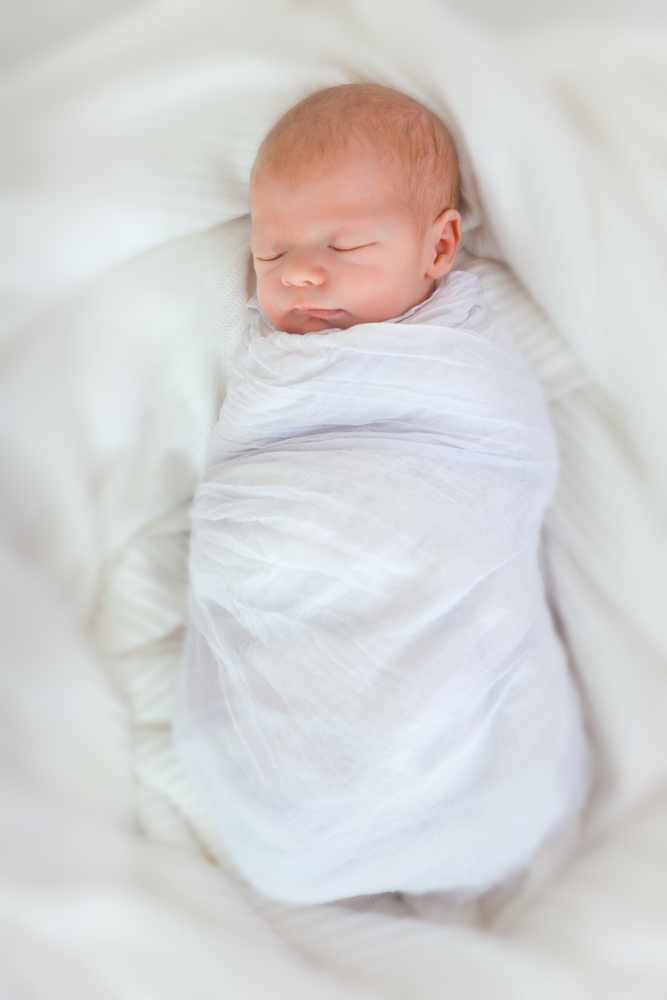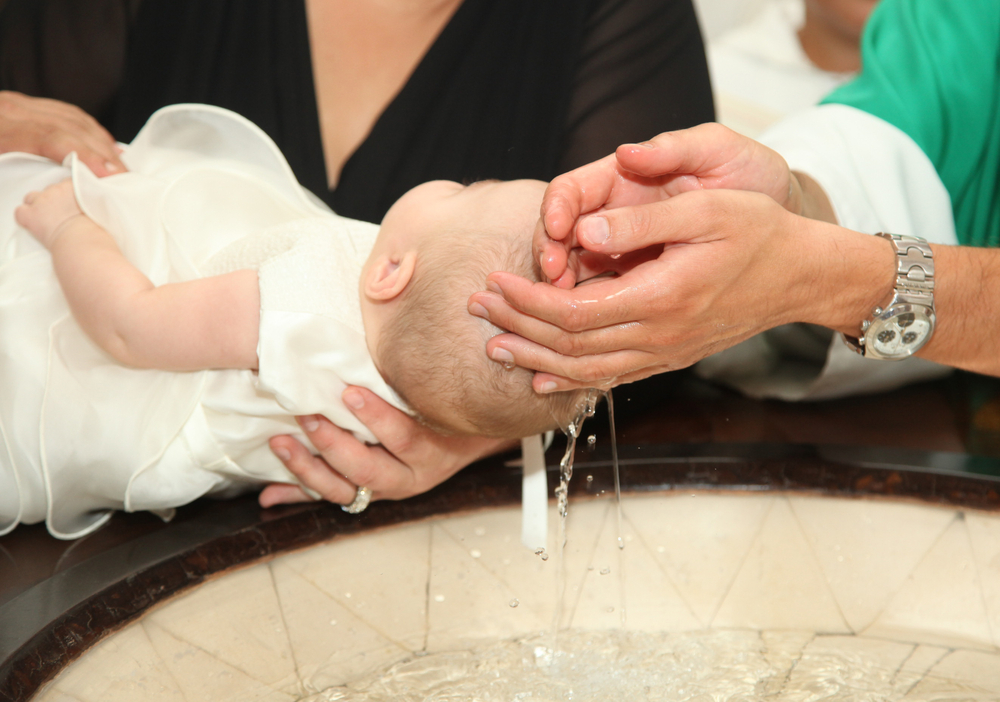Life Stages: Birth
The people of Great Britain have diverse traditions depending on whether they come from England, Scotland, Wales, or Northern Ireland. They also share a lot in common with each other and other industrialized Western countries, especially in their increasing secularism and their transition away from the institutions of marriage and parenthood that once formed the bedrock of British society.
The social democratic framework of the United Kingdom promotes a vision of a national “family” where all citizens are cared for by the state, but the reality of British society is that it also remains fragmented along ethnic, regional, religious, political, and class lines. Life’s various stages are marked by an increasingly eclectic mix of traditional Christian practices (such as baptisms, weddings, and funerals), personal preferences, ethnic customs present among most people’s friends and families, and purely secular milestones such as school graduations, promotions, or job transfers.
Birth is a joyous event and a cause for celebration. Like other European Union member states, Britain has been experiencing falling birth rates. They are now 11.48 births per 1000 people, with estimates claiming that one in four Britons are childless.
Common Practices
Parents swaddle their babies until they are about a month old and carry them around in baby slings, pouches, or wraparounds. Babies are usually allowed to sleep in a separate room or nursery, are fed on demand, and are trained to be independent.
Women have a variety of birthing options in the UK. They can choose to deliver at a maternity unit in their locality, at a birthing center, or at home. An expectant mother may book a home birth with a doctor, a community midwife, or a private midwife, but this is not easy to arrange in many areas. Another option called the Domino Scheme allows a midwife to attend to the mother at home for the beginning of labor, transports the mother to a hospital for the birth, and then brings mother and baby home within a few hours of delivery.
In the UK, skilled assistance is present at almost every birth, and trained midwives perform the majority of normal deliveries. Midwives are a preferred choice as they provide more friendly and personalized care than obstetricians.
Religious Ceremony
Baptism is the primary birth rite for most British families. The Catholic ceremony may take place at home or church. The child’s godparents take a pledge to care for the child in the presence of a vicar, who sprinkles water from the baptismal font onto the baby’s head and draws a cross across the baby’s forehead. The ceremony marks the formal acceptance of the child into the church.
Birthday Celebrations
Sending birthday cards and giving gifts are long-standing birthday traditions in the UK. Family and friends gather for birthday parties to share a cake festooned with lit candles and sing “Happy Birthday.” Traditionally, the cake contained a coin or other small treasure baked inside it.
Friends may give “birthday bumps” to the birthday child by tossing him or her into the air one time for each year of age plus one extra for good luck. In Scotland the “bumps” come from light punches, and in Northern Ireland they come from holding the celebrant upside down and gently bumping his head on the floor. Children carry chocolates for their schoolmates on their birthdays, and adults often have a small celebration at their workplace with cakes or sweets.
Reproductive Rights
Abortions in England, Wales, and Scotland are legal to save a woman’s life, to preserve her physical or mental health, in cases of fetal impairment, or for economic or social reasons. The procedure must be certified as necessary by two physicians. Abortion is not legal in Northern Ireland.
Copyright © 1993—2024 World Trade Press. All rights reserved.

 United Kingdom
United Kingdom 
